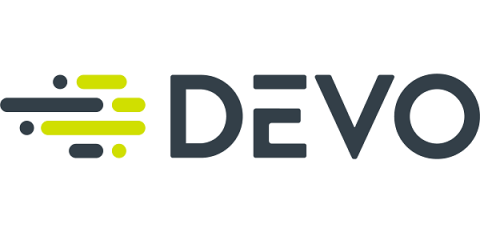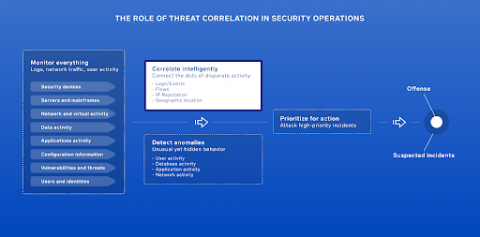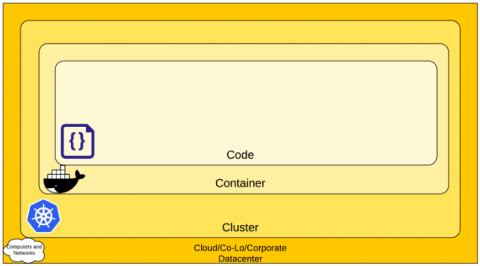Why SIEM is here to stay: Part 2
Organizations are stretched thin managing increasingly complex environments and ever-expanding threat landscapes. At the same time, adversaries are becoming more organized and sophisticated, resulting in more complex and advanced threats. The current workflow in the Security Operations Center (SOC) – how data is analyzed and acted on – is simply not working. There are too many tools, not enough visibility, and burned-out analysts.





